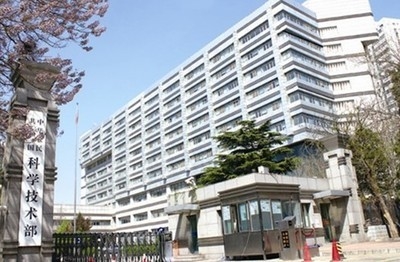- Welcome!
- 0792-8505900
- sales@keyuanbio.com
Biodegradable plastics welcome great news!
Biodegradable plastics welcome great news!

Biodegradable plastics welcome great news!
Spain, located in southwestern Europe’s Iberian Peninsula, is located at the junction of Europe and Africa, west of Portugal, north of the Bay of Biscay, northeast of France and Andorra border. Spain is a more developed capitalist country, is also a member of the European Union and NATO, or the fifth largest economy in the eurozone, GDP ranks sixth in Europe, the world’s 13th.
In line with the European Union’s common directive in the field of environmental protection, Spain has imposed a nationwide ban on the free supply of contaminated and degradable plastic bags from 1 January 2008. This ban covers all retail establishments, large and small, as well as places and units providing public services. Service providers can no longer provide free disposable plastic bags to customers. Each bag must be charged at a minimum cost of 0.05-0.30 euros. It means that all shops and public places will have to charge plastic bags for guests.
Spain’s legislation lists oxidizable, photodegradable, hydrable and thermodegradable plastic bags as the most polluting (that is, we often say D2W / EPI degradable plastic, pseudo-degradable, as the most polluting bag), and the recyclability of such disposable plastic bags is only 10%.
Spain’s Common Directiva 2015 (Directiva 2015/720) directive to promote the use of biodegradable plastics, such as PBAT and PLA, is applicable to the European Union as a whole. The directive regards biodegradable plastic bags with a biodegradable time of 500 years as the number one. Pollute the public enemy.
Spain has also imposed a two-month cushion period for the new law, specifically between January 1 and February 28, when a store, for example, provides free plastic bags to its customers, which can be granted by default without penalty, but from March 1, a fine of up to several thousand euros can be opened. It is equal to saying that the injunction law will result in punishments in March 1st.
EU rules require all Member States to legislate to ban free plastic bags from 2019, or to introduce measures to maximize the per capita use of plastic bags per year by 90, and to reduce the number to 40 by 2025.
Under the new legislation, degradable plastic bags less than 15 microns in thickness are the most expensive, ranging from 0.05 euros to 0.30 euros, from 15 to 29 microns in thickness to 0.10 euros, and above 30 microns are also the price. However, the lowest charges are for compost, cereal and 100% recyclable bags (PBAT, PLA and other biodegradable materials are fully in line), ranging from 0.02 to 0.03 euros depending on their size, such as 0.05 euros for large capacity bags.


